Updates from the field #5: Reaching the most vulnerable
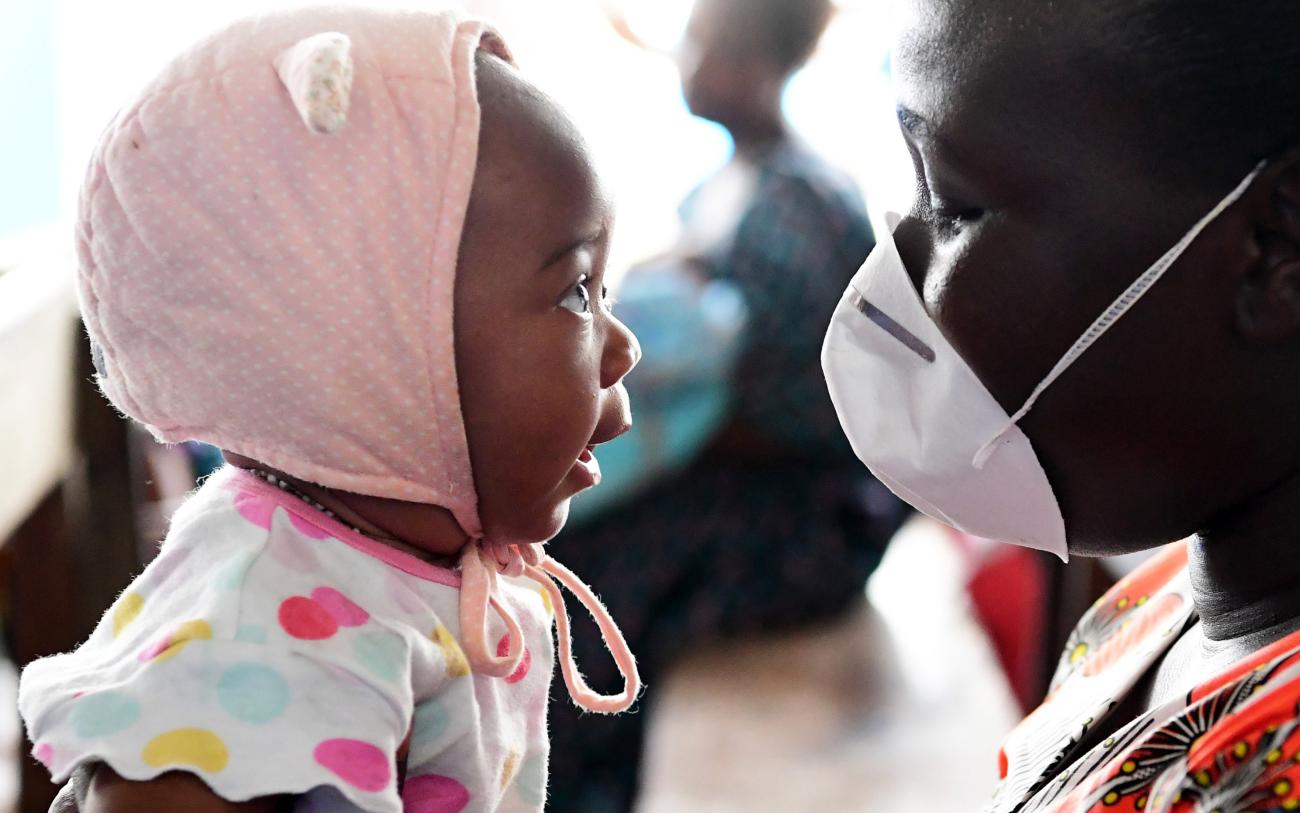
As the COVID-19 crisis surges, so does the response of all the UN teams across the globe. Today, 9 April, we highlight some of the critical support on the ground.
Brazil
The UN team in Brazil is working with partners at the national and local levels to leave no one behind to prevent and respond to COVID-19.
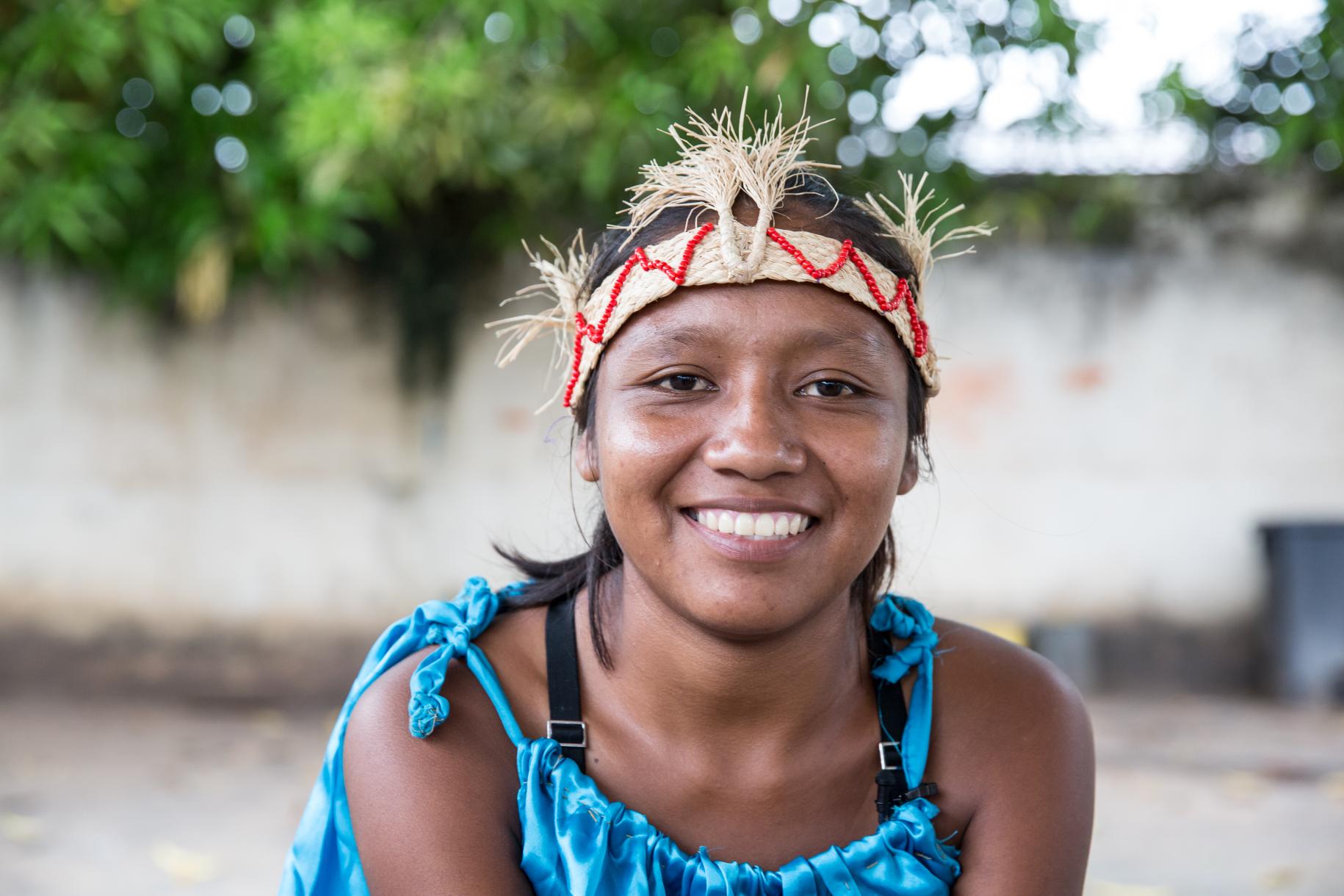
The team is supporting a national plan to prevent infection among indigenous communities, which includes stepping up the surveillance actions for acute respiratory problems, an effort led by the Pan-American Health Organization/WHO. The first COVID-19 case was confirmed among an indigenous woman in the Amazon region last week.
The UN – including UNHCR and the International Organization for Migration (IOM) – and our partners are also supporting refugees and host communities by disseminating prevention information, distributing hygiene and cleaning kits, and providing technical advice to public authorities dealing with the pandemic. They are also addressing the needs of migrants and refugees from Venezuela, with UN-backed health experts deployed to states that border Venezuela, along with messages in Spanish that complement the national campaign in Portuguese.
Also, UNAIDS is circulating information on COVID-19 prevention for people living with HIV/AIDS via social media and working with public health authorities to ensure the availability of crucial medication for people living with HIV.
For its part, the UN Development Programme (UNDP) is working with judges to adopt non-custodial measures for pregnant and lactating women and mothers of young children, people with disabilities, indigenous people and other high-risk groups. This partnership also includes recommendations to prevent the spread of COVID-19 in prisons, including reassessing preventive arrests that exceed 90 days and applying special measures in overcrowded prisons.
Jordan
The UN team, led by the WHO, is also working closely with the Government by supporting the National Preparedness and Response Operational Plan to contain the virus and procure medical equipment, personal protection equipment and diagnostic tests.
UNICEF is working with the Ministry of Education to ensure continued learning for the most vulnerable children, including home learning through TV, online and printed copies in communities with no access to the internet.
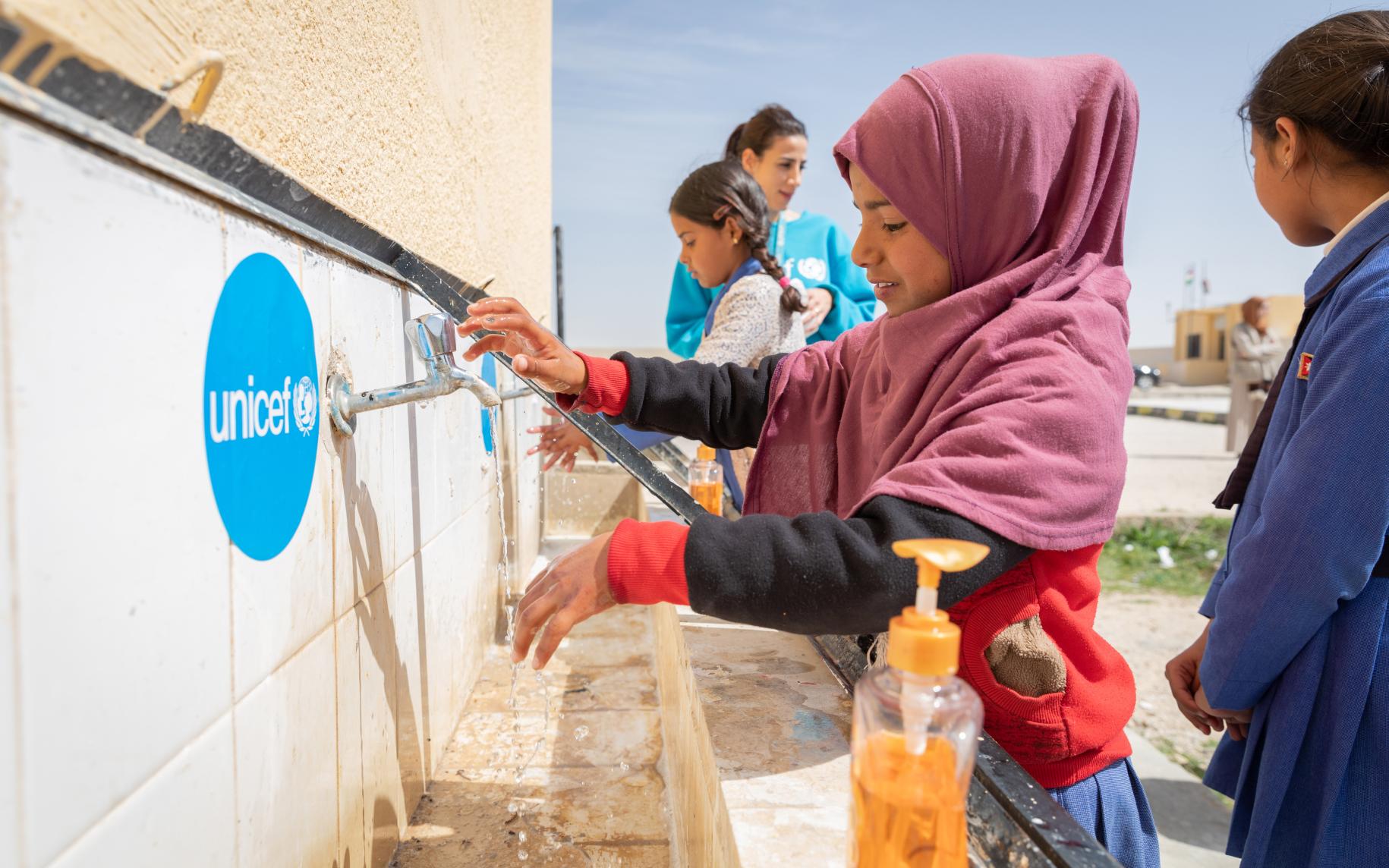
The UN team is working with the Government to provide counseling services over the telephone to women, including refugees. It is also transferring cash to women who had to stop working due to the outbreak, including through the use of online cash disbursement using blockchain technology in refugee camps.
For its part, the World Food Programme (WFP) is also working with the Government to ensure that support to refugees is maintained, including through cash transfers for food and other needs.
And the UNDP is supporting medical waste management in Jordanian hospitals to protect patients, medical workers and the general public.
Kenya
The Government of Kenya, the United Nations and humanitarian partners launched a Flash Appeal to request $267.5 million to respond to the most immediate and critical needs of its 10.1 million people. The objective is to mobilize emergency funding for UN agencies and NGOs to complement the Government’s preparedness and response efforts for the next six months.
The funds will be used to support public health responses to contain the spread of the COVID-19 pandemic in the country and provide targeted humanitarian assistance and protection to the most vulnerable and at-risk communities.
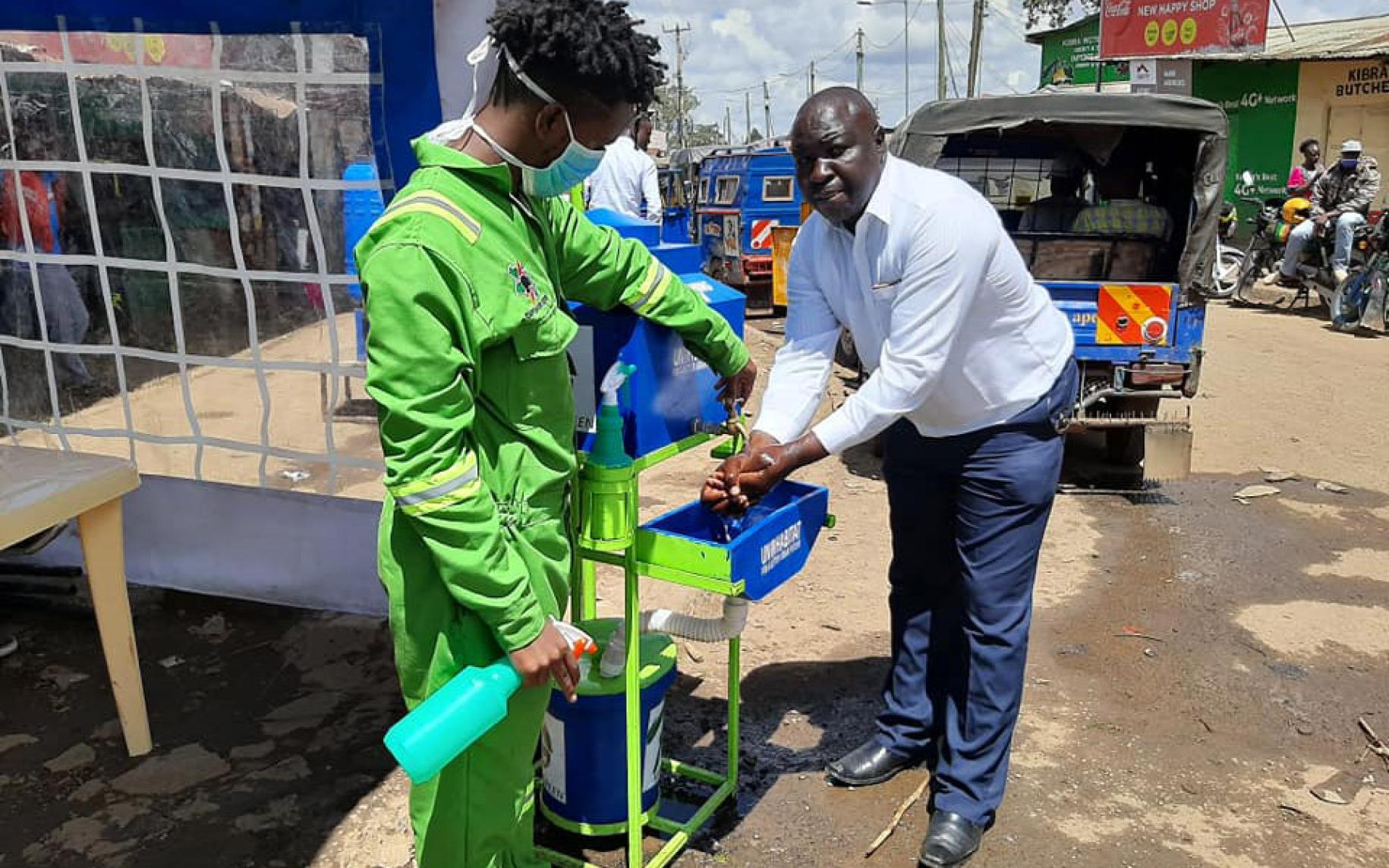
The UN team will also redirect $45 million from its current framework that guides its sustainable development work to immediately address the immediate health needs and wider social and economic impacts. The UN has deployed over 70 staff and volunteers to assist the Government of Kenya.
The COVID-19 outbreak in Kenya is occurring in a context of significant chronic vulnerabilities as well as increased humanitarian needs as a result of back-to back droughts, ongoing floods and a locust upsurge. In addition to the immediate and direct public health emergency response, the Flash Appeal has prioritized the continued delivery of basic essential services as well as the protection of livelihood assets and food support to the most vulnerable communities. The response is about ensuring access to essential health care, education, protection, services for women children and vulnerable communities, including people with HIV, displaced populations, people in high concentration areas in urban and peri-urban areas, refugees, and people affected by floods and the locust upsurge.
The continuity of humanitarian operations will be critical and would rely on the Government’s support to facilitate internal movement of humanitarian supplies and workers in case of a lockdown; facilitate the operation of humanitarian flights between Nairobi and the refugee camps and vulnerable communities; fast-track and facilitate custom procedures to bring in relief supplies; and facilitate humanitarian access to particularly vulnerable hotspot areas including refugee camps and urban settlements.
Uzbekistan
In Uzbekistan, the UN team there is helping the Government to contain the spread of the virus, as well as to address the socio-economic impacts.
The WHO has provided experts to work directly with the Ministry of Health and to support the country’s Strategic Preparedness and Response Plan.
The UN also has provided training on lab diagnostics for medical schools and other academic centres.
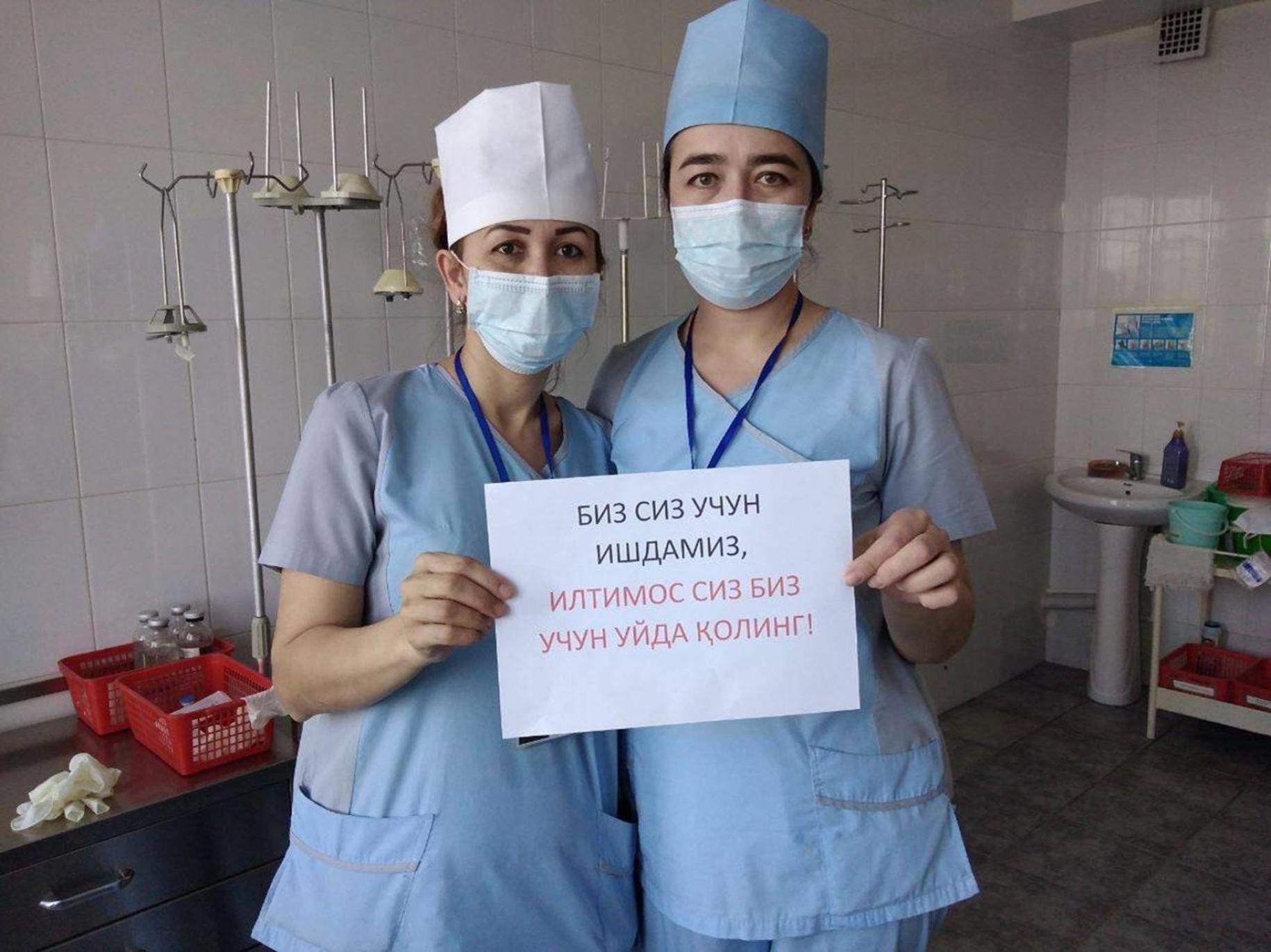
The UN is also helping to procure ventilators, test kits and other health supplies, with the UNDP securing protection and detection equipment for maternity wards, shelters for women, and civil society organizations supporting women with disabilities.
We are also helping the Government to address the issue of social protection in light of a significant number of people losing their jobs or being forced to take unpaid leave.
Venezuela
In Venezuela, the UN Resident Coordinator and Humanitarian Coordinator for the country, Peter Grohmann, said that the first shipment of 90 tons of UN lifesaving supplies is scheduled to arrive today to support the COVID-19 response.
This shipment includes 28,000 Personal Protective Equipment kits for health workers on the frontline, as well as oxygen concentrators, pediatric beds, water quality control products and hygiene kits. These are among the items to be shipped in.
The supplies were financed by the international donor community, the UN Central Emergency Response Fund (CERF) and UN agencies. The flight was also arranged by UNICEF.
The supplies will be made available to health care centres and the most vulnerable people through the partners of the Pan-American Health Organization, UNICEF and the UN Population Fund (UNFPA).
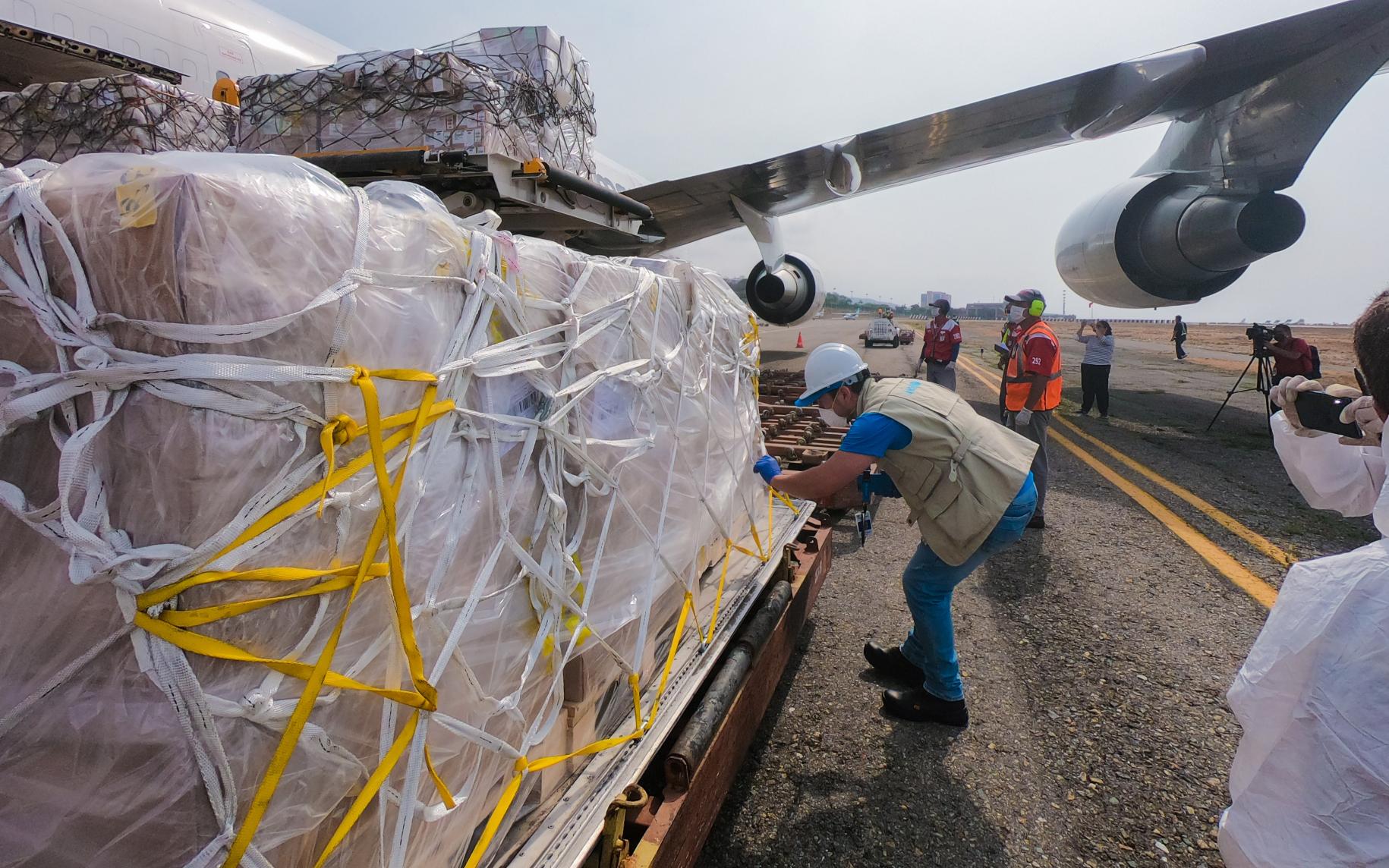
In support of national efforts to respond to the pandemic, the UN and our humanitarian partners are appealing for $61 million to scale up the response under the COVID-19 Prevention and Response Plan in Venezuela.
The Plan focuses on strengthening the capacity of the health system to quickly identify and treat COVID-19 patients; supply water, hygiene and sanitation in prioritized hospitals and communities; and provide timely and trustworthy information to the public to prevent the spread of the virus.
The Plan also seeks to ensure other critical humanitarian programmes can continue, including provisions of food, nutrition, protection, and education among others.
The UN is calling for solidarity, access and increased funding to help combat the pandemic and save lives, while urging donors to sustain the existing Humanitarian Response Plan. As of 7 April, 166 COVID-19 cases were confirmed in Venezuela and seven deaths were reported.





































